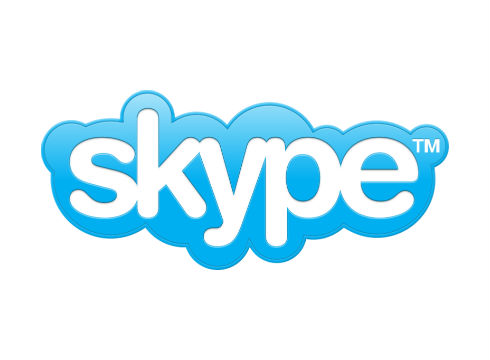Cisco Slams ‘Careless’ European Approval Of Microsoft-Skype Deal

Cisco claims Microsoft has an unfair monopoly on the video communications market thanks to Skype
Cisco Systems officials have hit out at Europe’s decision to approve Microsoft’s $8.5 billion (£5.6bn) acquisition of Skype back in 2011.
They claim Microsoft was able to create a monopoly in the video communications market, and they want European regulators to do something about it.
Skype Appeal
Lawyers for both Cisco and Microsoft were in Luxembourg this week arguing over whether the European Commission – the antitrust arm of the European Union – should annul the approval it gave the deal two years ago. Cisco lawyers said the EC was wrong to approve the deal without conditions, allowing Microsoft to essentially take over the video communications space and unfairly marginalise competitors.
 “This was a very serious case and there were many factors to show that there could be serious harm for consumers,” Alfonso Lamadrid, a lawyer for Cisco, told the EU General Court 29 May, according to a Bloomberg report. “The commission brushed off these concerns. Its assessment was, with all due respect, careless.”
“This was a very serious case and there were many factors to show that there could be serious harm for consumers,” Alfonso Lamadrid, a lawyer for Cisco, told the EU General Court 29 May, according to a Bloomberg report. “The commission brushed off these concerns. Its assessment was, with all due respect, careless.”
The result, according to Cisco, was that Microsoft now controls 80 to 90 percent of the market for video calls on Windows-based computers.
Corneliu Hoedlmayr, a lawyer for the European Commission, disagreed, saying that Cisco and co-plaintiff Messagenet, an Italian rival to Skype, had failed to prove that competition in the market was hampered by Microsoft’s deal for Skype, according to a report by Reuters. Hoedlmayr pointed to a number of other Skype rivals, such as Google Talk, as proof.
“Other technologies are emerging,” he said. “If these succeed, it may render Skype a relic.”
Cisco announced in February 2012 that it would appeal the European Commission’s approval.
The debate comes as video becomes an increasingly larger part of the overall traffic on the Internet. Cisco is forecasting that Internet traffic worldwide will triple between 2012 and 2017, and that by 2017, there will be almost 2 billion Internet video users.
Comms Battleground
In February, Cisco kicked off a campaign designed to highlight what officials said were the shortcomings in Microsoft’s approach to enterprise communications – particularly its Lync unified communications (UC) solution – and the strengths of Cisco’s own UC efforts. Microsoft officials pushed back, touting the growth the company has seen since announcing the Lync business two years ago.
They also have talked about their efforts to strengthen the interoperability between Lync and Skype. On the same day that the lawyers were arguing in Europe, Microsoft officials announced a significant step toward that integration, enabling Lync’s 5 million enterprise users and Skype’s 280 million users to connect via instant messages and audio calls. More features, such as video communications, are due later.
“This is our first step in combining the enterprise richness of Lync and the global reach of Skype to transform the communications experience and enable Skype users to reach professional contacts in organisations of all sizes,” Giovanni Mezgec, general manager of product marketing in Microsoft’s Skype Division, said in a 29 May post on the Skype blog site.
In an interview with CNBC, Cisco CEO John Chambers said he isn’t necessarily looking for the European Commission’s approval of the Microsoft-Skype deal to be annulled, but that some conditions be put on it to ensure fair competition.
“All we want is interoperability,” Chambers said. “That’s what Microsoft and others have asked of us when we [make] acquisitions, and we think easy interoperability – not five or six clicks, because nobody will use it, but just the capability of any device to [connect to] any content … allows the Internet to grow and we think it’s also important for the incumbent vendors to allow that to occur.”
Microsoft lawyer Georg Berrisch doubted Cisco’s intentions.
“Cisco pretends to seek interoperability, but what it actually seeks is that it wants Microsoft to change its products,” Berrisch said, according to Bloomberg.
The EU General Court is expected to rule on the case in the coming months.
What do you know about Skype? Find out with our quiz!
Originally published on eWeek.